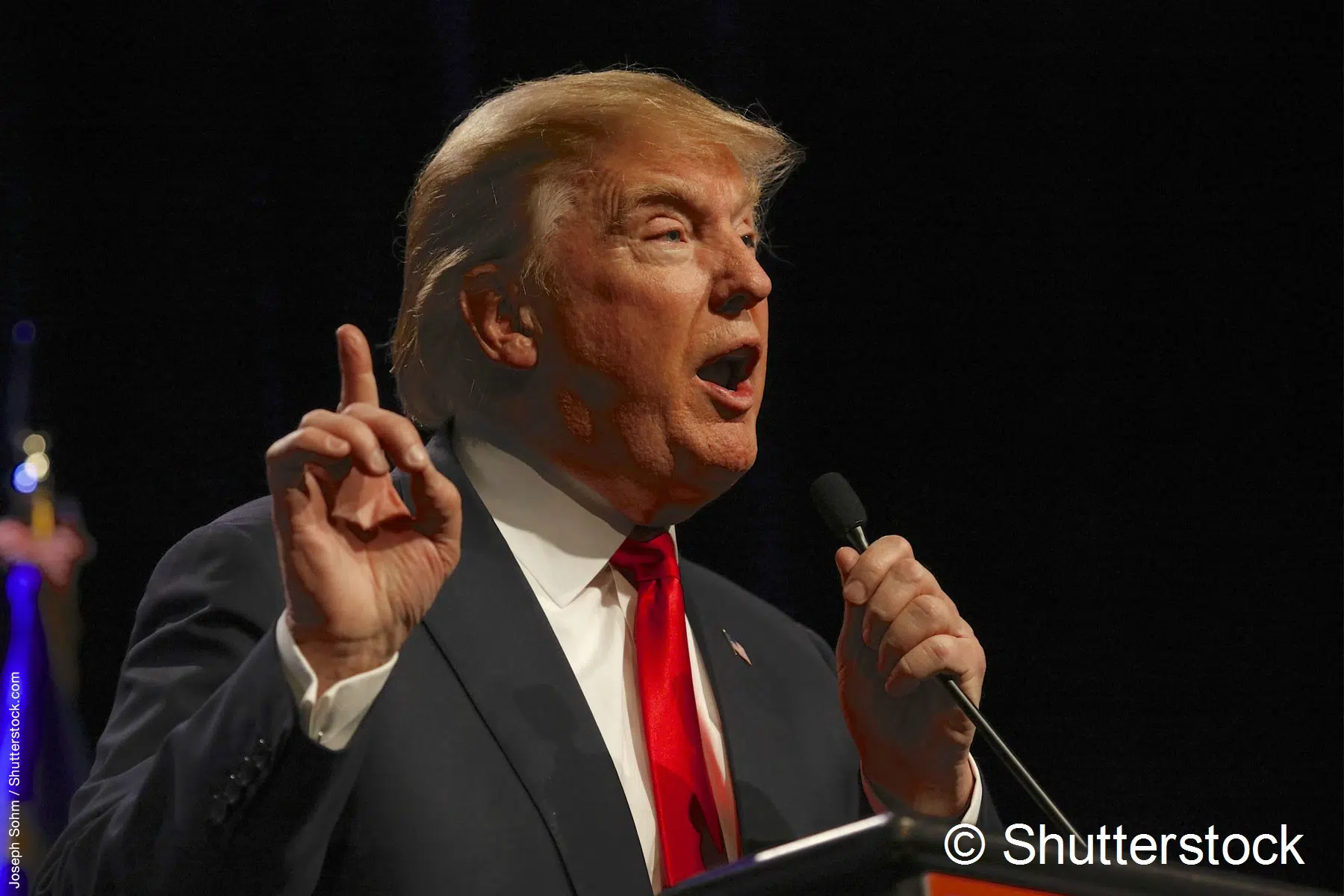
BISMARCK, N.D. (AP) — Donald Trump won the North Dakota Republican presidential caucuses on Monday, taking all 29 delegates and adding to his string of victories heading into Super Tuesday.
The former president finished first in voting conducted at 12 caucus sites with 84% of the vote, ahead of former U.N. Ambassador Nikki Haley. Just under 2,000 people showed up to the caucus sites. The result puts Trump back on the winning track, which was briefly interrupted on Sunday when Haley notched her first victory of the campaign in the District of Columbia’s primary.
The White House hopefuls now turn their attention to Super Tuesday, when results will pour in from 16 states and one territory in contests that amount to the single biggest delegate haul of any day in the presidential primary. Trump and President Joe Biden, a Democrat, are dominating their races and are on track to winning their nominations later this month.
Under North Dakota’s rules, candidates are eligible to win delegates if they finish with at least 20% of the vote. However, a candidate who wins at least 60% of the vote receives all of the state’s 29 delegates.
Four candidates were on the ballot, including Trump and Nikki Haley. The other candidates, who have received little attention, were Florida businessman David Stuckenberg and Texas businessman and pastor Ryan Binkley, who recently ended his campaign.
North Dakota Gov. Doug Burgum, who ended his unsuccessful presidential campaign in December, was speaking on Trump’s behalf Monday night. He endorsed Trump before the Iowa caucuses.
“I think we’re going to send a message that is going to be a kickoff to tomorrow, which is President Donald Trump is going to close this out, this is going to be the end of the trail, and we’re going to say we have a nominee, and let’s go after it, and beat Joe Biden in the fall,” Burgum said in a virtual address to caucus goers.
Retired music teacher and librarian Karen Groninger, of Almont, said Monday that she voted for Trump, calling him the best choice. The 76-year-old cited Trump’s 2020 speech at the annual March for Life anti-abortion event in Washington, D.C. — the first by a sitting president — and his border policies.
Longtime Republican state Sen. Dick Dever, of Bismarck, said he voted for Haley, but added she was unlikely to win. The retired factory representative, 72, said, “I hear an awful lot of people say that they really liked Trump’s policies but they don’t like the way he conducts himself, and I think he’s gone overboard a bit.”
Caucus voters were encouraged to be paying party members, but those who wouldn’t pay $50 for annual membership were asked to sign a pledge to affiliate with the party, caucus Chair Robert Harms said.
North Dakota is the only state without voter registration. The caucuses followed official state voter identification protocols, such as providing a driver’s license. Voting was done only in person and on printed ballots, which were hand-counted.
In 2016, it was a North Dakota delegate who helped Trump secure the number needed for the Republican presidential nomination.
He swept North Dakota’s three electoral college votes in 2016 and 2020, winning about 63% and 65% of those votes, respectively.
As president, Trump visited Bismarck and Mandan in 2017 to talk about tax cuts, and he campaigned twice in Fargo in 2018 for Republican Kevin Cramer in the then-congressman’s successful Senate bid against Democratic Sen. Heidi Heitkamp.
North Dakota’s Democratic-NPL Party is holding a presidential primary almost entirely by mail, with mail-in voting from Feb. 20 to March 30, and limited in-person voting for residents of Indian reservations. Biden, Rep. Dean Phillips and six others are on the ballot.
A third party will count ballots in Fargo on March 30, with results available on the party’s website afterward.
Sen. Bernie Sanders won the Democratic caucuses in 2016 and 2020.









Comments